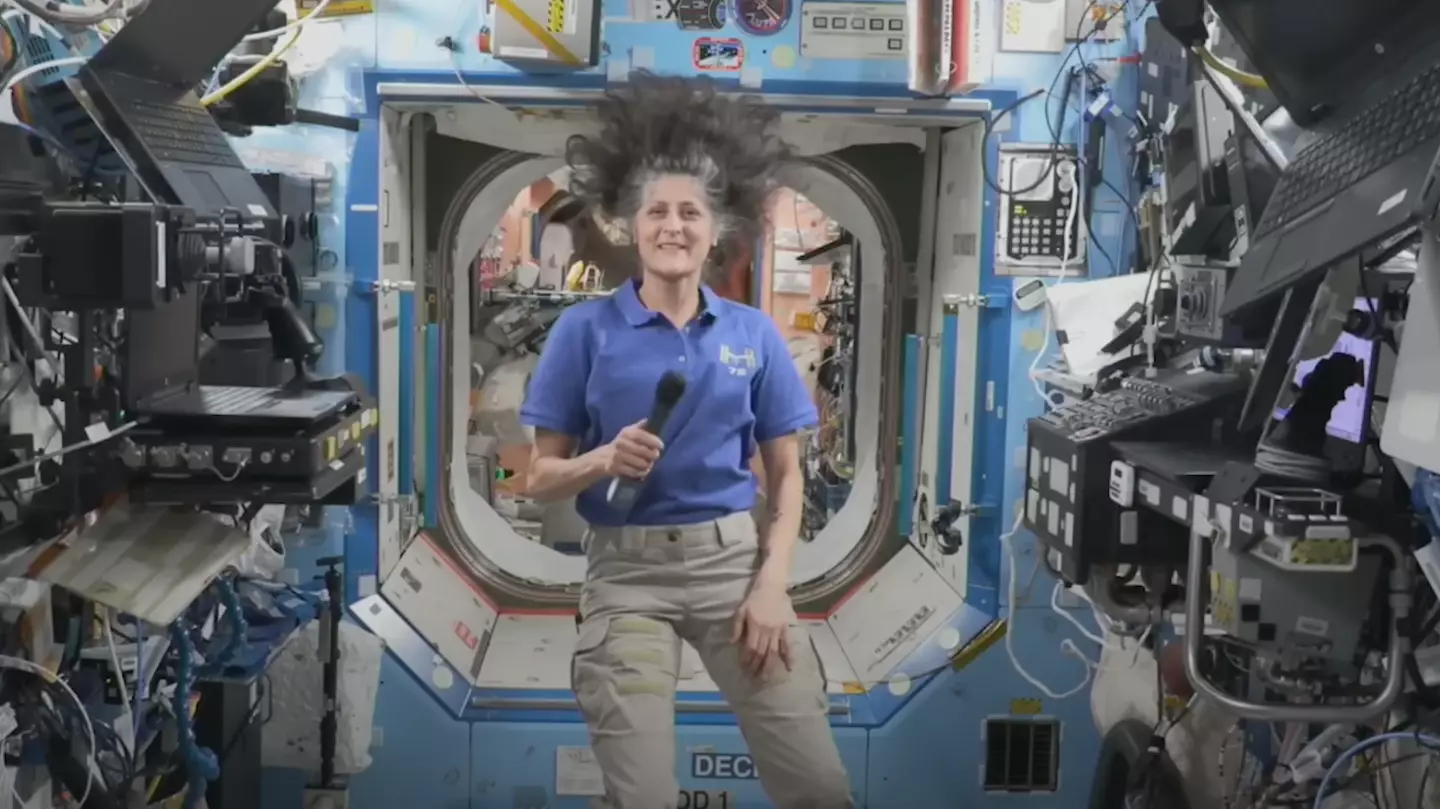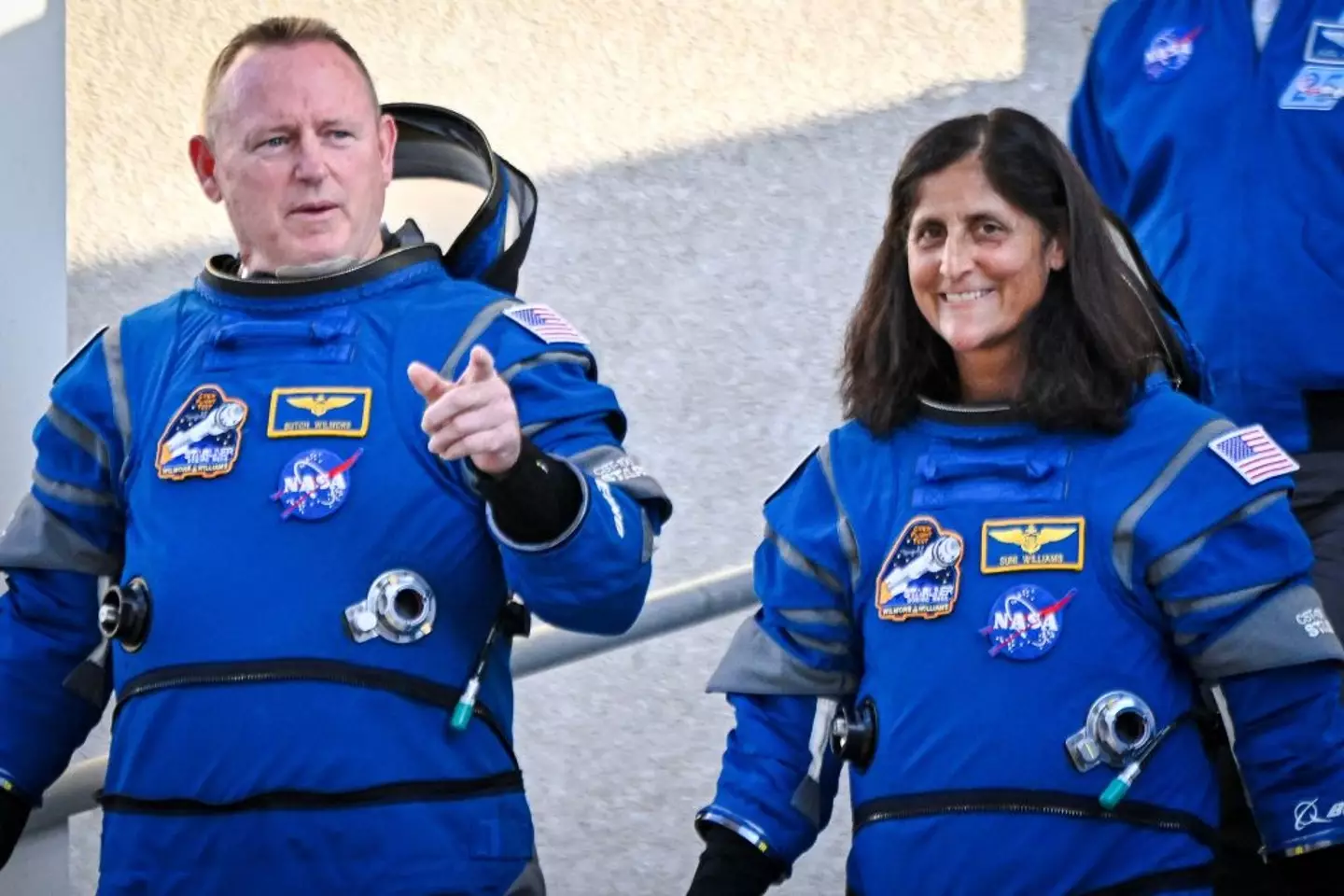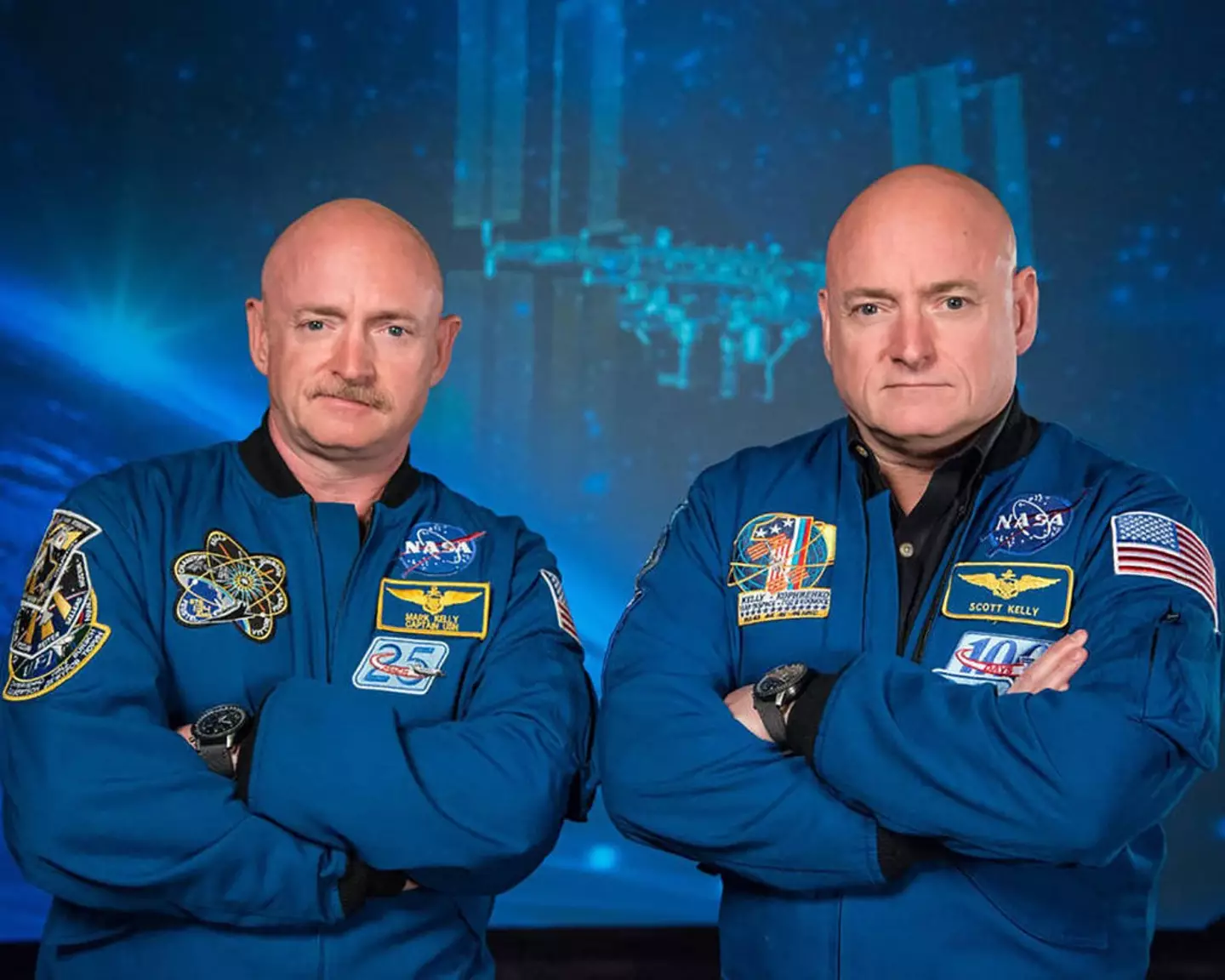
Can you imagine being sent on an eight-day work trip that ended up being several months long instead?
Well, that's exactly what's happened to Sunita Williams and Barry Wilmore. And it's even more terrifying than your usual nine-to-five - they've been stuck in space for months now.
What happened to the stranded astronauts?
On June 5, 2024, Williams and Wilmore launched from Cape Canaveral, Florida, on a Boeing Starliner spacecraft.
The trip marked the Starliner's first crewed flight to the International Space Station (ISS) and was supposed to be only eight days long.
Advert
But tragedy struck when technical issues arose with the Starliner, meaning it was unsafe to carry both Wilmore and Williams back to Earth when it was supposed to.
Instead, the duo have been stranded at the ISS.
How are the stranded astronauts getting home?
Elon Musk-headed firm SpaceX will be bringing the stranded pair back to Earth.
Following several delays, it's now been confirmed that Williams and Wilmore will be finally start they journey back home from the ISS via a SpaceX Dragon capsule on March 12.
This date comes two weeks earlier than the initial return projections, says USA Today.
The impact being in space has on their bodies
According to the Baylor College of Medicine, there are several ways prolonged time in space can affect the human body.

From your bones losing density and experiencing decreased muscle mass, to decreases in blood volume, orthostatic tolerance, and aerobic capacity – too much time in space can cause detrimental effects.
Another cause for concern is space radiation. Exposure can cause astronauts to have radiation sickness, central nervous system effects, and degenerative diseases.
In addition to this, space radiation causes 'increased lifetime risk of cancer'.
The impact on their bodies when back on Earth
A previous study involving identical twins Scott and Mark Kelly saw Scott head to space for almost a year, while Mark stayed on Earth.
When he returned, they compared the differences between them, with Scott's almost year-long mission in mind.
One thing that Scott experienced after returning home was heightened sensitivity and a rash for around six days after he returned from the space station, BBC News reported; something which Williams and Wilmore may experience as well.
The study involving the Kelly twins also found that Scott's DNA was affected by his space travel.

Scott's telomeres (the protective caps at the ends of chromosomes that prevent them from fraying or tangling) were found to have become 'significantly longer' during spaceflight, but once he returned to Earth, they shortened rapidly.
Having shorter telomeres can increase a person's aging process and can be associated with increased risk of developing certain diseases.
Telomeres naturally shorten with age, but 'astronauts in general had many more short telomeres after spaceflight than they did before [space travel]', said Susan Bailey, a professor of environmental and radiological health at Colorado State University, who was part of the study that looked at the Kelly twins.